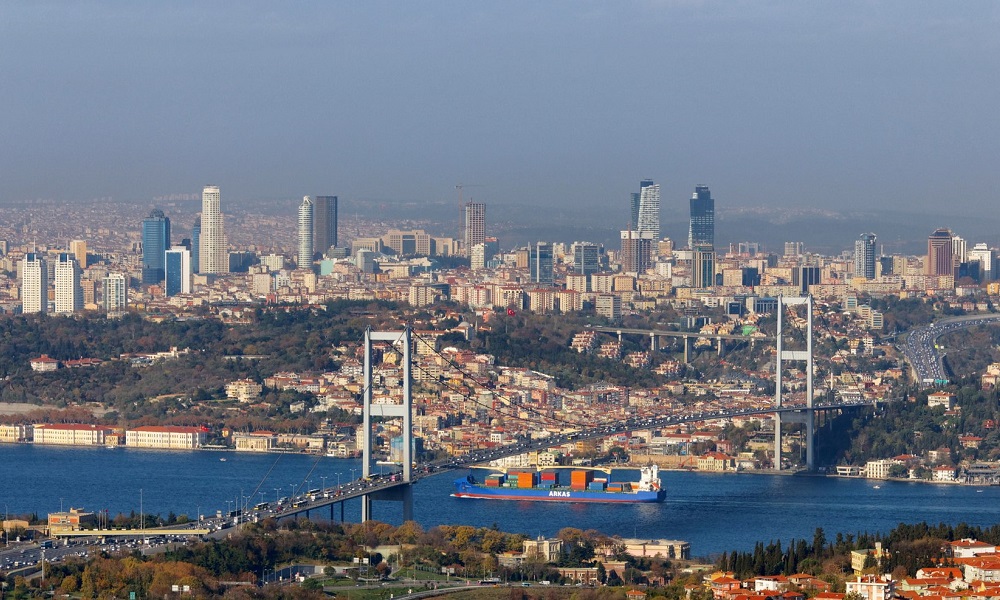Following the successful start-up of operations in Dubai earlier this year, car-sharing service GetRentacar.com has now opened up to the Turkish market.
The move provides more attractive offers and a more convenient procedure to get a car for a period of time, the US-based firm said in a statement.
GetRentacar is one of the world’s biggest car-sharing marketplaces, enabling users to rent cars from a community of local car owners.
According to the firm, the core advantage of the innovative service depends on cutting-edge algorithms.
Enhanced by AI technologies, the platform provides passengers with the offers that will be most suitable to them. Using the service, travelers can choose the location and date of their future journeys and set the price they are ready to pay for rent and the type of car they need. The offer is personalised for every customer so they can find the one that suits them best, it explained.
It added: “Another good thing about the service is its internationality. Turkey is one of the world’s top travel destinations and the country is getting more and more popular every year. Even with the influx of travelers from around the globe, the language barrier should not be a huge problem for users of GetRentacar.com. The interface is available in 20+ languages besides English. Communication with the car owner is carried out through the online client service, so any negotiations are simple and mediated.”
A newly launched mobile app assists travelers from around the planet with renting cars in an even more convenient way by using phones.
“Our approach to work is based on the benefits for both sides of the deal. The client receives unique offers at competitive prices anywhere in the world and additional discounts from car owners,” said Alexander Pershikov, founder, GetRentacar.com.
“The car owner minimizes the downtime of the car, earning on an ongoing basis. Moreover, we use hi-tech tools like our tender-based system to provide our clients with the best offers. The tender system developed by us has no analogs on the market.”



